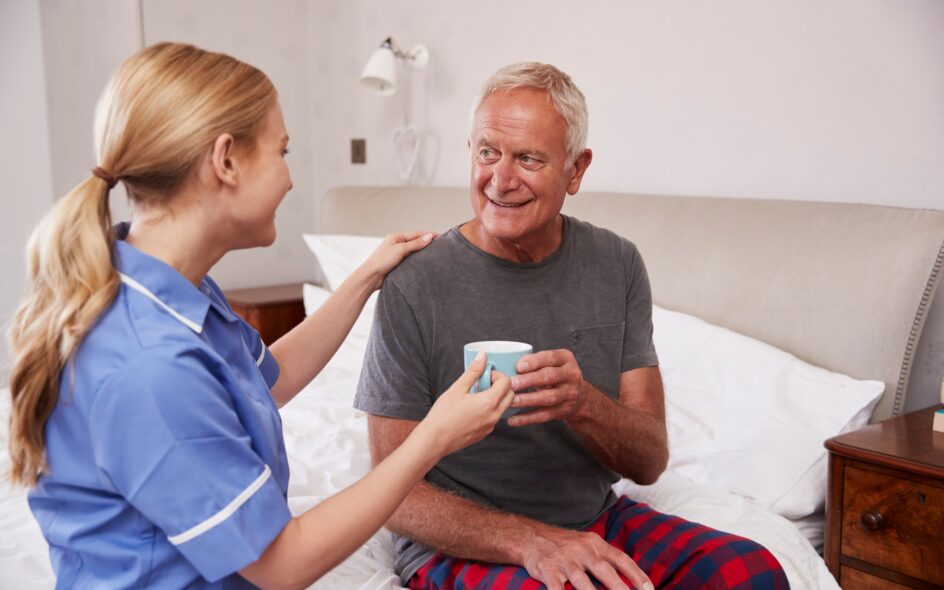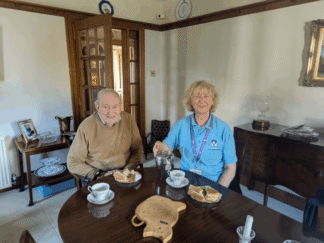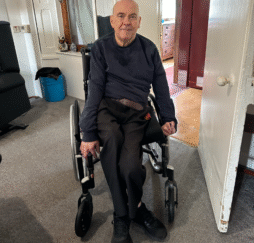
Companionship care supports the social and emotional well-being for people who are feeling isolated or lonely, whilst alleviating some of the pressure from family members.
Loneliness affects many people in the UK and is particularly prevalent among the over 65’s. There are many misconceptions about home care, with most people feeling it’s only needed after a relative has a fall, is coming home from hospital, or is not very well.
However, because of the increasing levels of loneliness in older people, home care services are approached more often and at an earlier stage of life to give companionship and help with day to day activities.
Why is companionship care needed?
Social isolation and feelings of loneliness is detrimental to our mental health and in turn affecting our physical health too. Mental wellbeing is linked to our physical health; when we are feeling happy and positive, we tend to get well faster, and our body functions better.
When we link this to being older, perhaps with less mobility, and not seeing people as much as we used to, feelings of loneliness can creep in.
Some elderly people may not see many people face to face during a week and over time this will become a danger to mental health as loneliness and isolation creeps in
A companionship carer is there to help with and encourage social engagement.
What a companionship carer can help you with
Companionship support offers conversation, someone to listen to your stories, ask you about your day, and share experiences with, including hobbies.
There are so many things you can do with the carer. You choose what you would like to do and this might be both of you reading a book and discussing it, a bit like having your own book club.
Play chess, watch your favourite television shows together and talk about it.
Going for a walk, getting out to social events, the theatre, or cinema. Going shopping, setting the world to rights over a cup of tea, or sharing a meal together.
All of the little things that make life worth living with a friendly face.
A companion carer will also be able to prepare meals and do some light housework if that is also needed.
If personal care is required or more healthcare needs, then a companionship carer would be used in addition to a regular carer.
An additional benefit to companionship care is that you have someone with you who can raise an alarm if anything is wrong.
Who is the elderly companionship carer and will I like them?
Companionship carers are chosen following an assessment and discovery meeting with you. You will need to tell the provider what your likes and dislikes are, and what you would like from your companionship carer.
It’s not possible to provide a person as an exact match to everything on your list, however, personality is looked at as well as interests and skills. It is important you can have meaningful conversations with the person and get along well.
How we can help…
If you’d like to find out more information regarding our companionship care services then please don’t hesitate to get in touch with one of our team. They’ll be on hand to answer any questions you might have to give you some peace of mind.
Our partners
















































